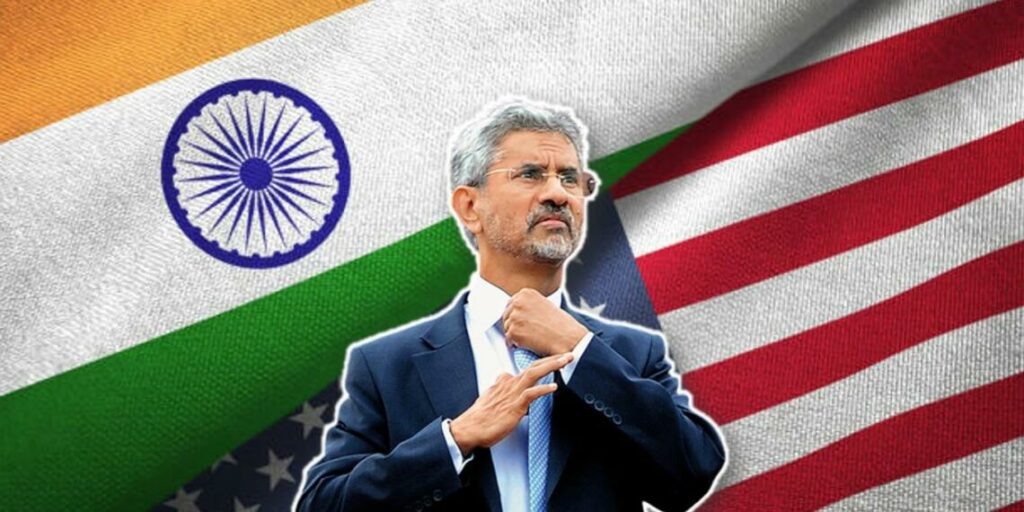Virendra Pandit
New Delhi: Underling the deep-rooted ties between two of the world’s largest democracies, External Affairs Minister S. Jaishankar said on Wednesday that the relationship between India and the USA is deeper than the politics of the day.
Amid speculations that some recent issues had frayed tempers, he said that all four former US Presidents—George W. Bush, Bill Clinton, Barack Obama, and Donald Trump—and the incumbent President Joe Biden, have been consistent on America’s relationship with India, despite the differences among them.
“When you look at that kind of consistency, you realize that in many ways – this is deeper than the politics of the day. This is structural, where there is a kind of establishment consensus,” Dr. Jaishankar said during a discussion with Michael Fullilove, Executive Director of the Lowy Institute in Sydney.
Praising President Biden, he said the US is flexible and understanding under his leadership, he said.
Among the reasons the Quadrilateral Security Dialogue (Quad) works effectively is the flexibility and understanding the US has shown, Dr. Jaishankar said.
The Indo-US relationship started changing from then President Clinton’s second term, and his successors took it forward.
Terming it interesting, the Indian EAM said he couldn’t think of five people more different from each other like the former US Presidents and Joe Biden, but they all have been consistent on ties with India.
US President Joe Biden, in many other capacities, remained engaged in developing the US-India relationship and saw it evolve. “There is a larger point about the Biden administration. In one way, it is an extraordinarily experienced administration if you look at the Secretary of State, the NSA, and the CIA – these are people who work with multiple organizations – they know the world, and they are not new on the job – if put together you are looking at 100 plus years of experience.”
“Collectively, the Biden administration is very determined to get along with the world and is willing to make adjustments – in many ways, to find, maintain, and develop partners. It’s not easy, if you are the most powerful country in the world, to be necessarily sensitive and adjusting,” Dr. Jaishankar said.
He said India had “very difficult” two-and-a-half-years in its ties with China.
This included the first bloodshed on their border after 40 years in which India lost 20 soldiers, he said, but asserted that he kept the communication line open with Beijing as neighbors have to deal with each other.
“Our endeavor has been to keep the communication lines going. In fact, the morning after that, I called up my counterpart Wang Yi and urged him to ensure that there are no escalatory or complicated moves on the Chinese side,” said Dr. Jaishankar, who was the Indian Ambassador to China from 2009 to 2013.
India has consistently maintained that peace and tranquillity along the Line of Actual Control (LAC) are essential for the overall development of bilateral ties. The Indian and Chinese militaries have held 16 rounds of Corps Commander-level talks to resolve the standoff.
The eastern Ladakh border standoff erupted on May 5, 2020, following a violent clash in the Pangong lake area. Both sides gradually enhanced their deployment by rushing in tens of thousands of soldiers and heavy weaponry.
On September 12, after a series of talks, the Indian and Chinese armies moved back their frontline troops to the rear locations from the face-off site of Patrolling Point 15 in the Gogra-Hot Springs area in eastern Ladakh and dismantled temporary infrastructure there as part of a five-day disengagement process.

